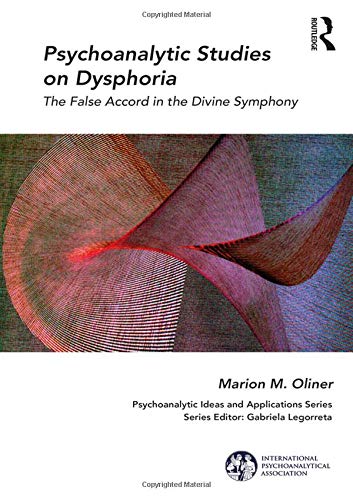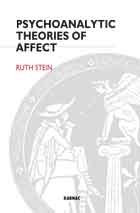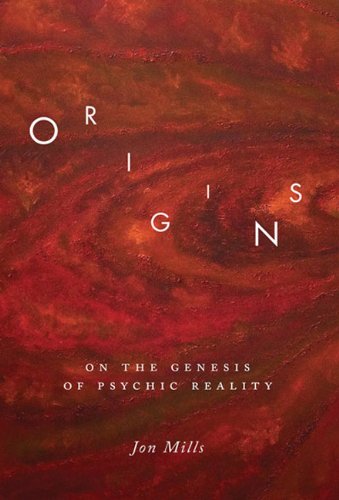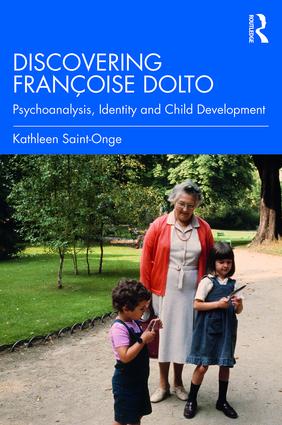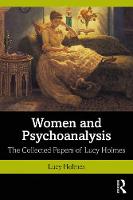Psychic Reality in Context: Perspectives on Psychoanalysis, Personal History, and Trauma
Part of IPA - Psychoanalytic Ideas and Applications series - more in this series
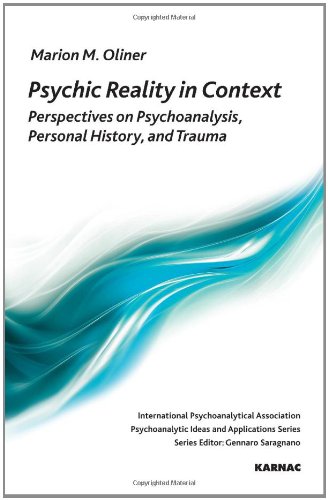
Book Details
- Publisher : Routledge
- Published : 2012
- Cover : Paperback
- Pages : 192
- Category :
Psychoanalysis - Category 2 :
Trauma and Violence - Catalogue No : 33139
- ISBN 13 : 9781780491264
- ISBN 10 : 1780491263
Also by Marion Michel Oliner
Cultivating Freud's Garden in France
Price £88.00
There are currently no reviews
Be the first to review
This book skillfully combines autobiographical stories with clear psychoanalytical theories. During her childhood, the author experienced the Holocaust and was left understandly traumatised by it. It was her desire to confront this trauma that led her to psychoanalysis. For decades, the coherence of psychoanalysis seemed to be threatened by the conflicting thinking of many psychoanalytical colleagues about trauma and trauma affect, and also about the influence of external reality on the psychic reality discovered by Freud. However, Marion Oliner counters this potential conflict with her innovative theoretical integration, combined with remarkable conceptual outcomes and treatment techniques.
This book spans the author's work over the last fifteen years on the impact of external reality on psychic reality. During this period many analysts, especially in the English-speaking countries and Germany, where historic events loomed large in the lives of their patients, have turned from the exclusive emphasis on psychic reality to greater attention to the traumatic impact of external reality. Considering that this has led to a body of psychoanalytic writings in which events are used to give a name to the pathology, incest survivor, Holocaust survivor, transmission of trauma, to name a few, it has implicitly created two categories of patients: patients who, because of their failed solutions for conflict, are regarded as active agents in their own suffering, and those who are victimized by events they endured passively; thus implicitly taking away from the second group the focus on conflicting motivations.
This in turn has led to the adoption of some of Freud’s concepts that lack a dynamic dimension. First among those is the repetition compulsion which supposedly causes events to be repeated because they happened. The concept has its place, but, if not properly understood, risks by-passing the analysis of unconscious guilt as a motivating factor in repetition. These factors have not been sufficiently explored in the analytic literature, and over the years the author has written a number of articles that try to distinguish important elements that contribute to the psychoanalytic exploration of trauma. This book is an important summation and further development of that work.
Reviews and Endorsements
'Marion Oliner has written an enormously useful clinical book with innumerable insights on trauma and its psychoanalytic treatment. The careful distinctions she draws are exciting to the dormant thinkers in us who have perhaps been too content to accept current fashion, yet the book is also wise and moving. Challenging many of the current views on trauma and its psychoanalytic conceptualisations, she combines logical incisiveness, acquired in long years of studying psychoanalytic theory, with insight on trauma, acquired both in psychoanalytic practice and first-hand as a Jewish child born in Germany and caught up in the chaos and danger of Hitler's reign. Her clinical experience and her unceasing efforts as a psychoanalytic patient to understand the impact on herself of her wartime suffering and losses allow us to appreciate, from a new perspective, the need to separate the state in which the individual meets danger and survives it from the memories of the trauma that later emerge and from the empathic state of a listener to those memories. Such distinctions provide a background to understanding the role of omnipotence and its potentially deleterious consequences when it becomes a tool of unconscious guilt.'
- Gail S. Reed, Phd.
'Anything written by Marion Oliner is worth reading. Her new book contains personal, clinical, and original theoretical wisdom, and I recommend it to anyone interested in the mind and psychoanalysis.'
- Leonard Shengold
'This book is the admirable sum of a life. It embodies a unique combination of shattering autobiographical narration and crystal-clear psychoanalytic theorising. The author was severely traumatised as a child by the events of the Holocaust. After having survived, she found the way to psychoanalysis and a lifelong attempt at working through these experiences. During decades, the reflections of many colleagues about trauma and the effects of trauma, consequently about the reciprocal influence of external reality on psychic reality, as discovered by Freud, seemed to threaten the coherence of psychoanalysis. Marion Oliner now accomplishes an innovative theoretical integration with remarkable conceptual and technical consequences.'
- Ilse Grubrich-Simitis, training analyst, German Psychoanalytical Assocation (DPV)
'This landmark book conveys important insights into the nature of trauma, which I have not before seen expressed with such clarity and conviction. Traditional trauma theory can sometimes ignore the processes through which traumatic memories are subject to assimilation by unconscious fantasies. In therapy, the historic events have to be regained. As Oliner emphasises, uncovering the reworking of traumatic memories by unconscious omnipotent fantasies helps to free the patient from imagined responsibility and guilt for these traumatic events. Her two autobiographical chapters at the beginning of the book are both touching and impressive, and lend the following theoretical chapters a special note of existential reflection.'
- Werner Bohleber, PhD, former President of the German Psychoanalytical Association (DPV)
About the Author(s)
Marion M. Oliner has been active in private practice, teaching, supervising, as a speaker, and as a member of many committees, as well as in the governance of the New York Freudian Society, which accepted her to membership in 1970. Lately, she chaired the Ethics Committee and developed a course that has been widely adopted as a required course for licensing. She is a member of the International Psychoanalytic Association and on the faculty of the New York Freudian Society, the National Psychological Association for Psychoanalysis, and the Metropolitan Institute for Psychoanalytic Psychotherapy.
Customer Reviews
Our customers have not yet reviewed this title. Be the first add your own review for this title.
You may also like
Discovering Françoise Dolto: Psychoanalysis, Identity and Child Development
Kathleen Saint-Onge
Price £35.14
save £1.85



